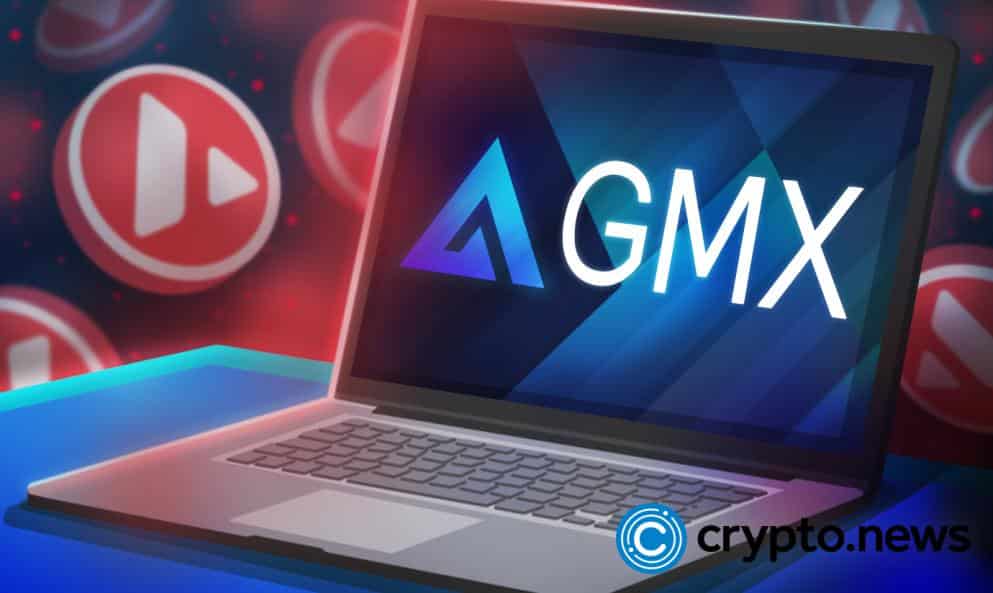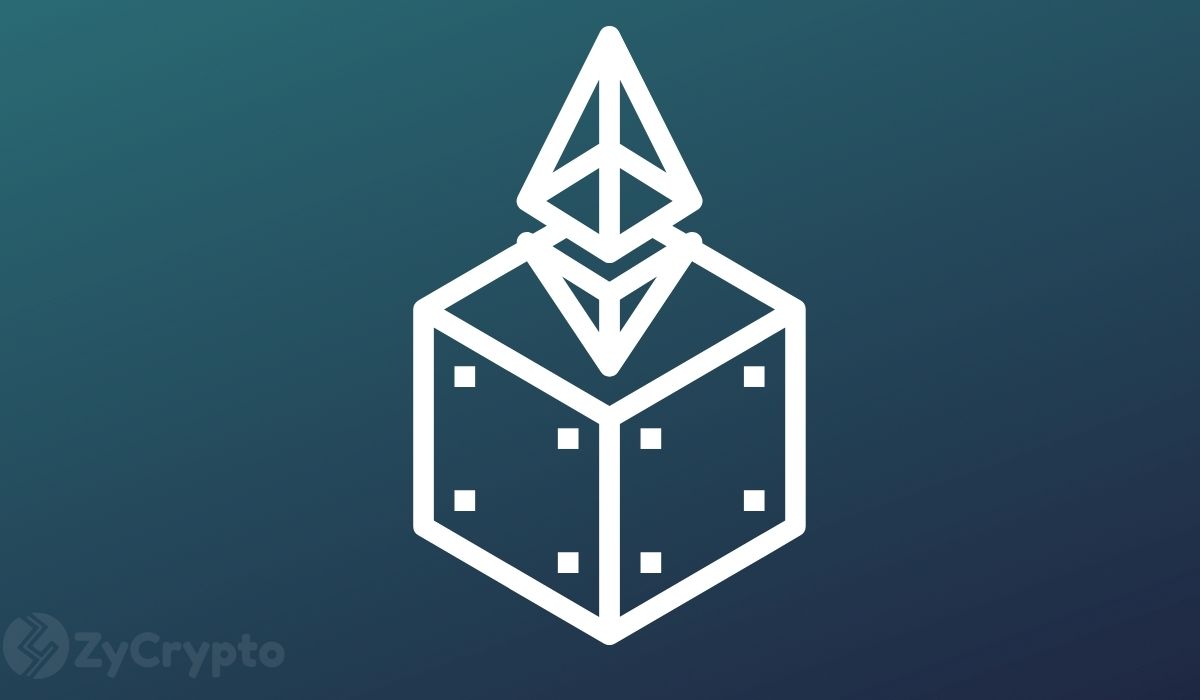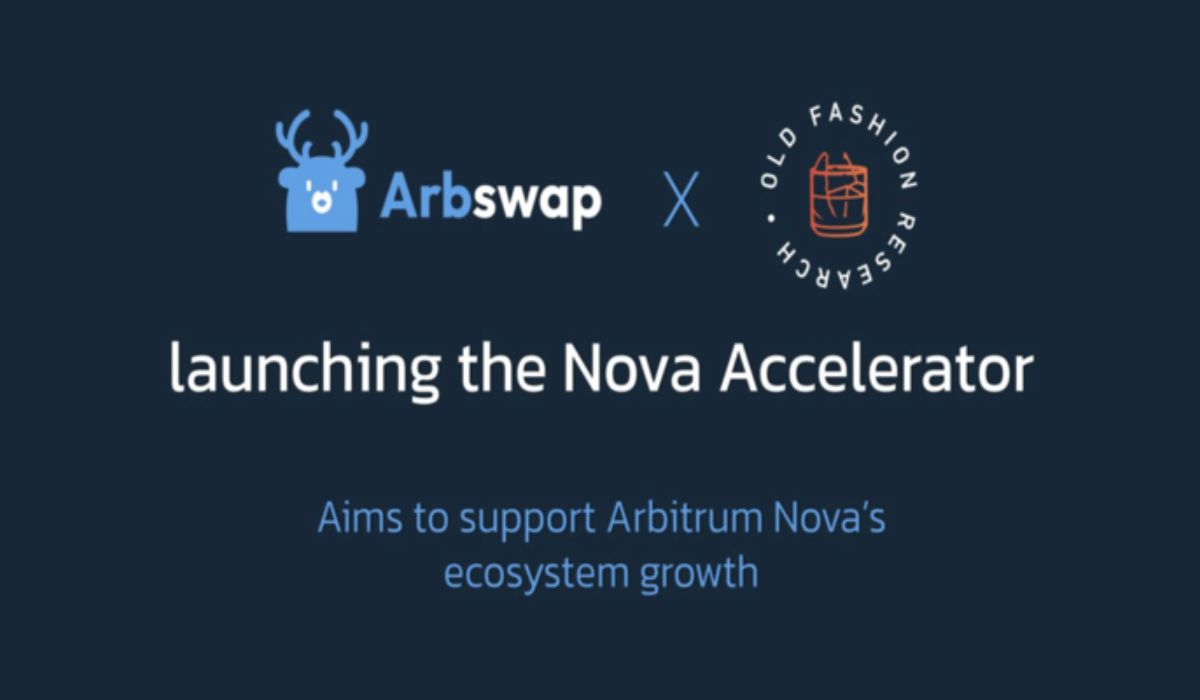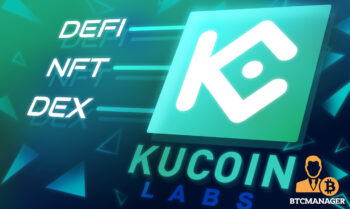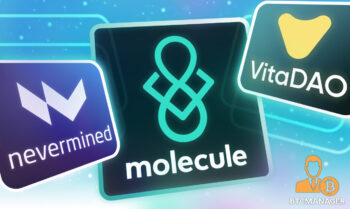
2023-8-24 21:46 |
Decentralized Science (DeSci) represents a paradigm shift in scientific research, fostering openness, transparency, and accessibility. Integrating Web3 and NFTs, unique digital assets representing everything from scientific data to entire experiments, DeSci has the potential to revolutionize the world of scientific research. This article explores the intersection of DeSci and NFTs, uncovering their shared potential.
Understanding Decentralized Science & NFTsDecentralized Science is a new research method that doesn’t rely on big, central organizations. Instead, it uses blockchain technology to make science more open and fair. People all over the world can work together, share information quickly, and make sure that data is used the right way. Even though this idea is still new, it could change how we discover new things in science.
NFTs are digital assets representing unique items or pieces of information. Unlike other interchangeable digital tokens, NFTs are distinct, making them suitable for tracking ownership and provenance of scientific data. In addition to ensuring the ethical use of data, NFTs can be applied to various scientific domains, enhancing the management and collaboration of scientific resources.
Decentralized Science vs. Traditional ScienceThe advent of Decentralized Science has opened new horizons in the distribution of funding, collaboration mechanisms, exploration of funding models, and intellectual property ownership. This new approach stands in contrast to traditional scientific models.
Funding Distribution:In Decentralized Science, funding is controlled by a broad public through methods like quadratic donations or Decentralized Autonomous Organizations (DAOs). This democratic approach contrasts sharply with the way traditional science works, where the control of funding rests with small, centralized groups. The public’s involvement in Decentralized Science ensures a more equitable distribution of funds, moving away from the restricted control typical of conventional scientific funding.
Collaboration and Decision Making:Decentralized Science breaks down geographical barriers, allowing scientists to work together from anywhere in the world. Funding decisions are made online with complete transparency. This is a significant shift from the traditional science model, where collaboration often requires long delays and a lack of openness, marking more effort and funding decisions.
Exploration of Funding Mechanisms and Publishing Models:Decentralized Science is not confined to established methods of funding and publishing. Instead, it continually explores new ways to fund research and new models for publishing results. These models leverage Web3 technology to ensure trust, transparency, and universal access. Traditional science, by comparison, tends to rely on a limited set of funding mechanisms and an often unpaid peer-review process that mainly benefits commercial publishers.
Ownership and Access to Intellectual Property (IP):One of the defining features of Decentralized Science is that researchers maintain ownership of the intellectual property (IP) they create. They can distribute it according to clearly stated terms. This is quite different from traditional science, where the institutions researchers work for typically claim ownership of any IP. In the conventional model, access to this intellectual property could be more transparent, often leading to disputes over rights and usage.
Integrating NFTs into Decentralized ScienceThe integration of NFTs into DeSci can lead to remarkable developments in the following areas:
Tracking Ownership and Provenance:NFTs are instrumental in tracking ownership and the history of scientific assets. By employing blockchain technology, NFTs can provide a transparent and immutable history of ownership and provenance, ensuring that each scientific work’s origins and changes are clearly and indisputably recorded.
NFTs create a tamper-proof record of who owns and has access to scientific data, significantly reducing the risk of fraud and plagiarism. By maintaining a transparent and secure chain of custody for each piece of information, NFTs can instil greater trust in the scientific process and ensure that all contributions are correctly attributed.
Facilitating Collaboration and Data Sharing:Ensuring proper attribution and access rights is crucial in maintaining the scientific process’s integrity. With the application of NFTs, researchers can better govern and control how their data is used, guaranteeing that it’s handled ethically and by agreed-upon standards and regulations.
Moreover, collaboration and data sharing are often critical to scientific discovery. NFTs can facilitate these processes by providing a secure and transparent mechanism for researchers to share access to their data. This promotes collaboration and enhances the overall efficiency of the research process.
Lastly, using NFTs, researchers can buy, sell, and rent data, making it more accessible and fostering collaboration across different institutions. By creating a marketplace for data, NFTs can democratize access to valuable scientific information, breaking down barriers that might otherwise hinder innovation and progress.
Real-World ExamplesIn February of this year, Pfizer made history by becoming the first pharmaceutical company to vote on decentralized autonomous organization (DAO) proposals of the German blockchain-based organization VitaDAO. This significant collaboration emerged as part of VitaDAO’s fundraising efforts, which were disclosed in late January.
Another example is Molecule, a decentralized biotech protocol noticed in decentralized science. It aims to transform the biotech industry by establishing a Web3 marketplace for research-related Intellectual Property (IP). This marketplace works to connect academics and biotech companies with funding in a fast and straightforward manner. Additionally, it enables patient, researcher, and investor communities to govern and own research-related IP.
Final ThoughtsDecentralized Science uses blockchain technology and the unique features of NFTs (Non-Fungible Tokens) to create a new way of doing science. This approach is all about collaboration and transparency. It’s like getting a peek into a future where science is done more openly, with everyone able to see and participate in what’s happening. NFTs, which can be used to keep track of who owns what and even to reward people for their contributions, make this vision even more exciting. This area of science is still growing and changing, and it has the potential to lead to new opportunities and even significant scientific discoveries. It’s a way of making science more innovative and connected.
The post Decentralized Science and NFTs: The Future of Research appeared first on NFT News Today. origin »Bitcoin price in Telegram @btc_price_every_hour
Decentralized Machine Learning (DML) на Currencies.ru
|
|



